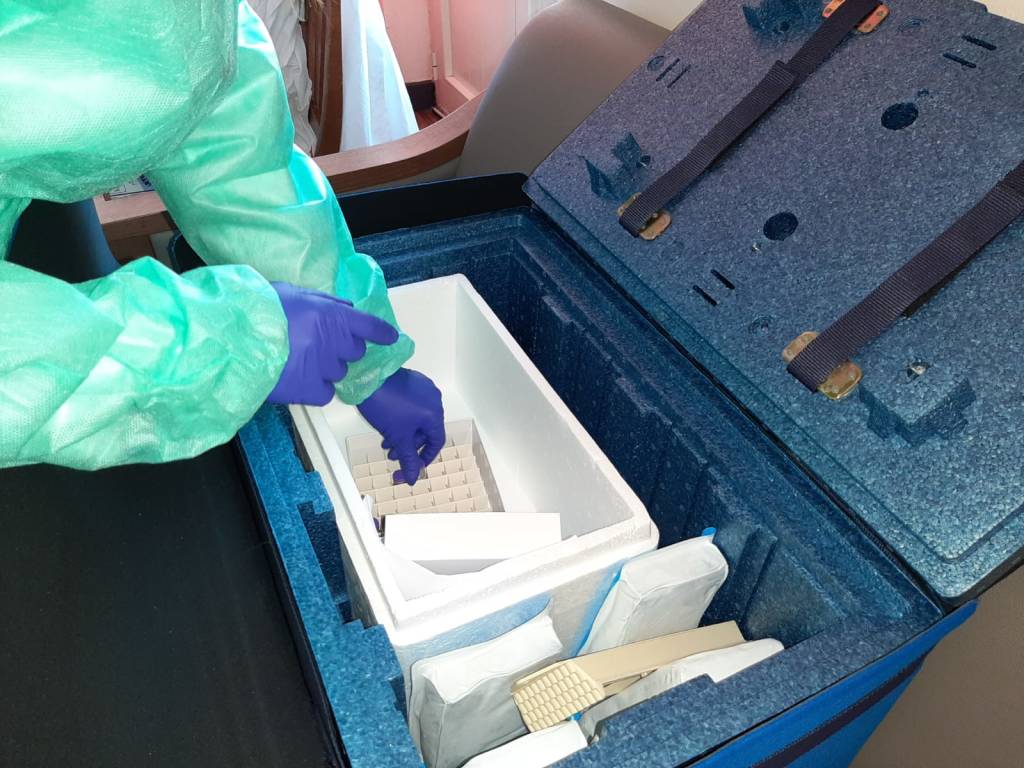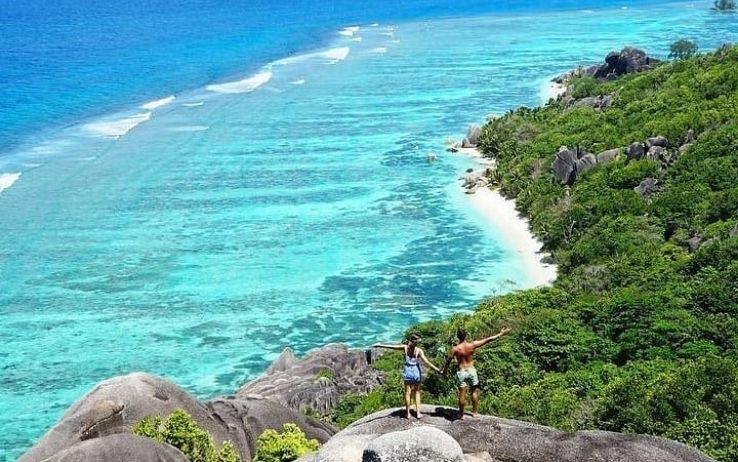Open doors after vaccine: goodbye quarantine but not the mask
Does getting vaccinated mean you automatically get permission to travel without restrictions? This is the question many people are asking. The [...]
Getting vaccinated means automatically getting permission to travel without limitations? This is the question that many are asking. The fight against the Covid-19 continues but ideas remain somewhat confused about the post-injection phase. The process does not seem as automatic as some might think. There is some reasoning about the implementation of health passports capable of certifying one's medical condition. In general, however, being able to prove vaccination opens some doors and avoids quarantine, at least in certain locations. Here are which ones.
In this article:

Where to travel after vaccine
Anyone who has obtained the vaccine can set foot in a variety of countries without the quarantine requirement. This is the case with theEstonia, for example, accepting a certificate regarding vaccination from any of the nine globally recognized pharmaceutical companies. Pending the health passport, it will be mandatory to provide a statement citing the manufacturer and lot number. Those who have tested positive for Covid-19 in the past six months will also be able to ignore the quarantine requirement, unless certified by a doctor.
Same for the Georgia, which admits without restriction anyone who has obtained the required two doses of vaccine or, in the case of Johnson & Johnson, only one. It will also be possible to indulge in one of the most desired trips, namely the trip to Iceland. To date, the country prohibits non-European passengers from entering the country. Beyond that restriction, however, anyone who can prove vaccination will be able to avoid further on-site testing and quarantine. The certificate, paper or digital, will not be able to be presented in Italian. It will have to be in English, Swedish, Norwegian, Icelandic or Danish.
La Poland announced back in December 2020 that it was ready to open the country's doors to vaccinees. The same goes for Romania, which demands, however, that at least 10 days have passed since the second dose was administered. A time limitation that also affects the Seychelles, but in this case the time that must elapse is two weeks. It will be necessary to undergo a PCR test prior to departure (in the 72 hours prior to departure) and upload the certificate regarding the doses received on Seychelles' Travel Authorization app.

Can I spread the virus after the vaccine?
Why do some countries require people to wait 7 or 14 days after vaccination to cross their borders? Does this mean that despite the doses received, an individual may still be dangerous to the health of others?
To date, there is no unambiguous answer in this regard. The vaccine protects the subject, although the possibility of being infected shortly before receiving the dose or shortly after the first dose, testing positive in the period between the two injections, cannot be ruled out. The scientific community is not yet able to determine, however, whether a vaccinated person can unknowingly spread the virus. The number of people vaccinated is still limited to be able to draw any sums in this regard.
For this reason, it is recommended to continue to comply with safety regulations even after being vaccinated. To date, far from international herd immunity, the vaccine does not represent an automatic return to one's old life.

- 6,000 Mile Registration Bonus
- Collect miles WITH EACH PURCHASE
- Your miles with no expiration*
- No fees for ATM withdrawals and foreign purchases
- Without having to change banks
- Autonomous card activation
- Multi-function mobile application
- Free travel insurance
- Free credit for up to 7 weeks
- Contactless Payment
- Mastercard® SecureCode




